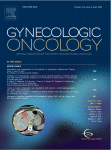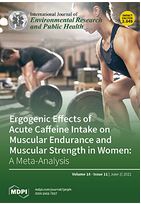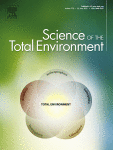Associations between dietary amino acid intakes and blood concentration levels
Background and aims Emerging evidence suggests a role of amino acids (AAs) in the development of various diseases including renal failure, liver cirrhosis, diabetes and cancer. However, mechanistic pathways and the effects of dietary AA intakes on circulating levels and disease outcomes are unclear. We aimed to compare protein and AA intakes, with their respective…












